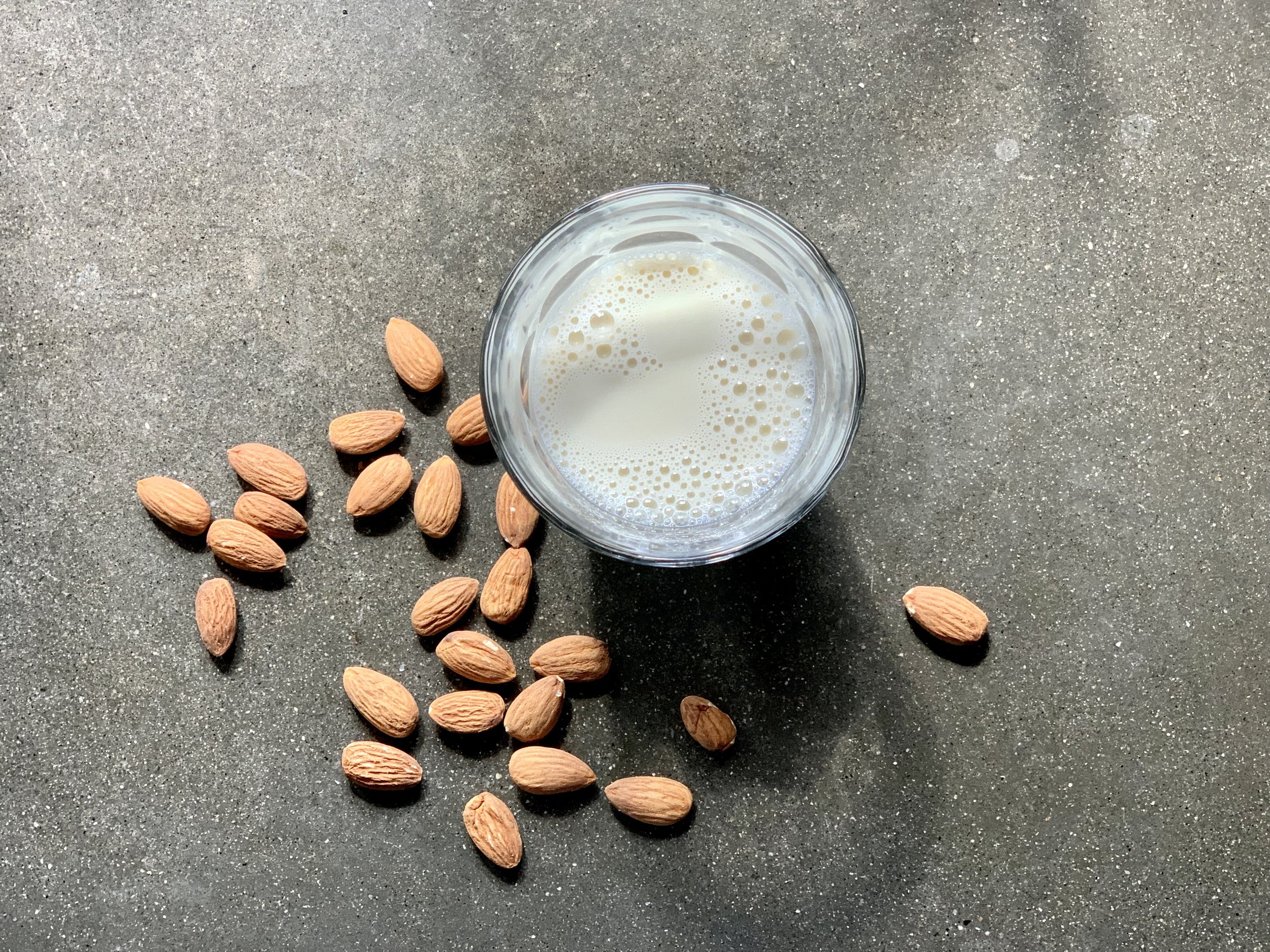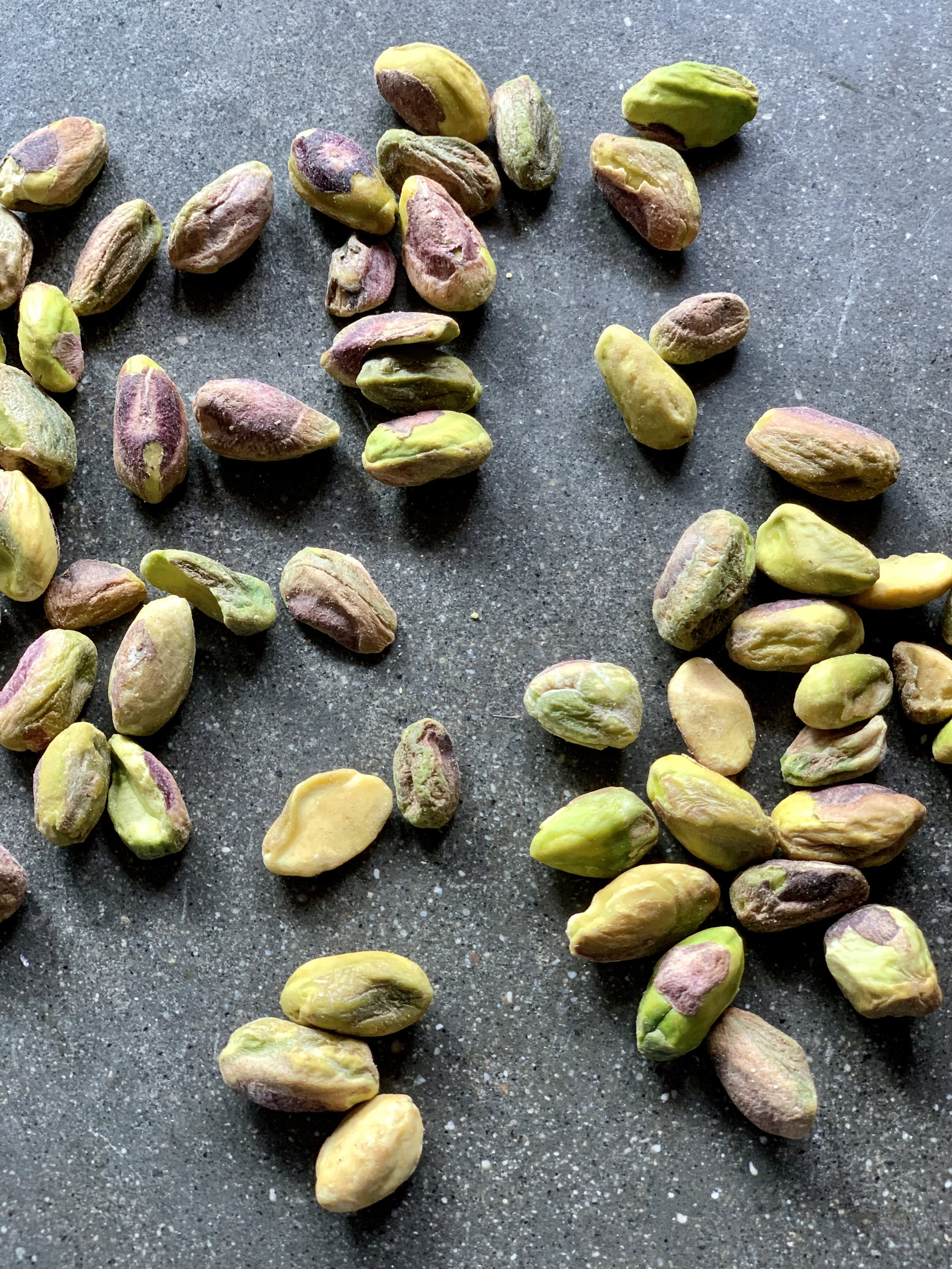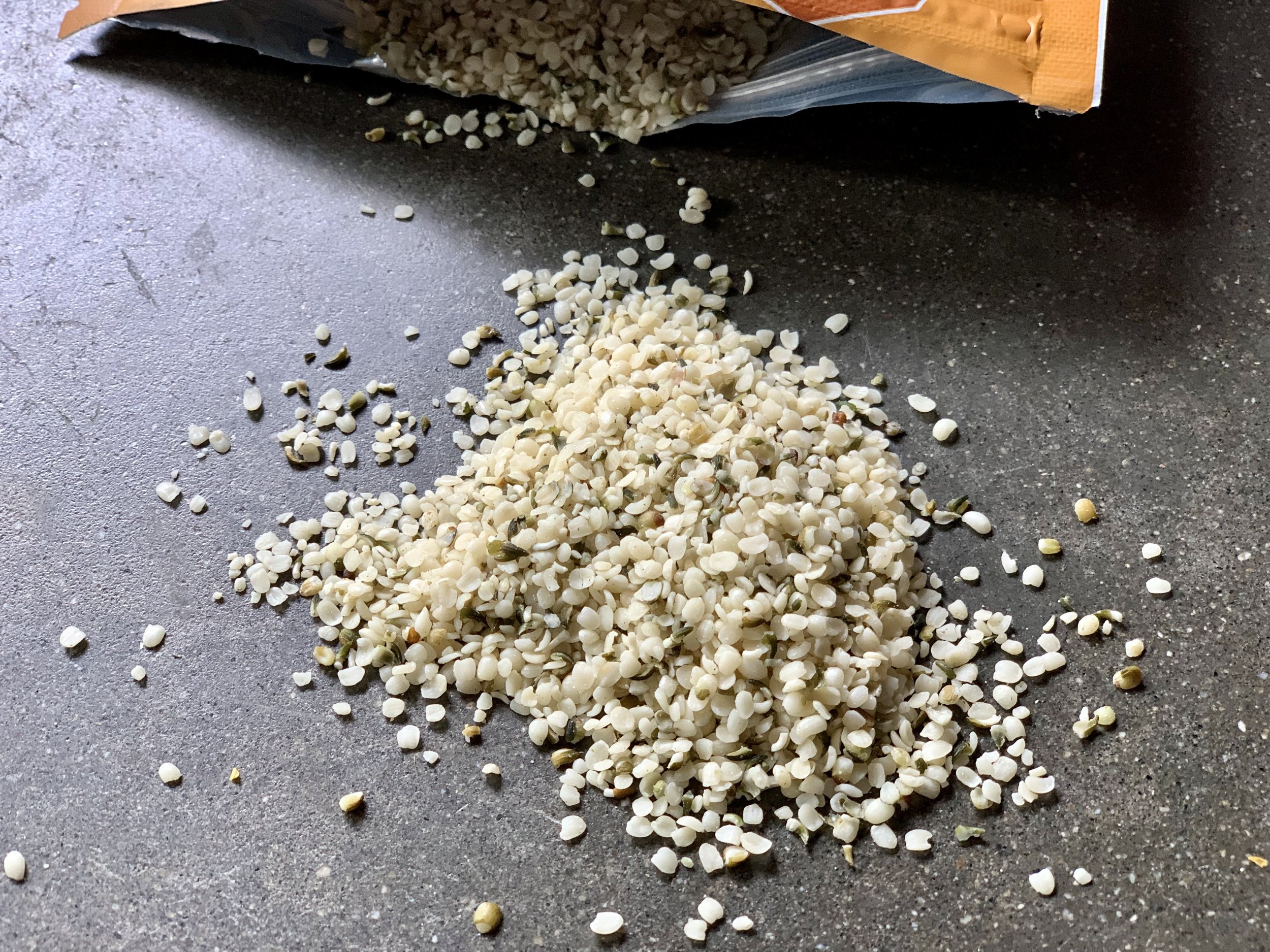13 Plant-Based Milks Compared
Chances are, you’ve tried plant-based milk before, even if you consume dairy, too. Plant-based milks are becoming more and more popular, which means that more and more kinds are becoming available on the market!
Whereas almond and soy milk were at one point the staples of dairy alternatives, other options such as oat and cashew milk (to just name a few) have gained a significant following. Oat milk, for instance, has quickly risen to fame for being the barista’s favorite latté-creating milk!
Whether you’re ready to branch out and try new plant-based milks, want to switch over from dairy due to health concerns, or just want to learn more about plant milks, look no further! In this article, we offer a comparison of thirteen of the most popular plant-based milks out there.
What is plant-based milk and how is it made?
Plant-based milk is any drink (usually white or near-white in color) that has a similar flavor, texture, and nutritional profile to dairy milk, but is made from plants. Typically, seeds or nuts are blended with water (and sometimes additional ingredients), strained if needed for optimal creaminess, and nothing more!
Historically, nut milks have been around for centuries. As far back as the eight century, the medieval European Moors described milk made from the almonds imported from the Middle East. So although the dairy industry would prefer to keep a monopoly on the word “milk,” it’s working against centuries of linguistic history!
Is plant milk healthier?
Many proponents of non-dairy milk will tell you that it’s healthier than the dairy alternatives. That can be a hard pill to swallow—after all, the dairy industry (supported by the US government!) has been telling us for decades that cow’s milk is healthy and even necessary for humans and especially children. Just look at the most recent iteration of USDA’s dairy recommendation.
Ever heard of the “Got Milk?” campaigns? These eye-catching posters usually have supermodels, actors, or professional athletes posing with a smile and a milk mustache. This kind of representation in the media makes it psychologically difficult to believe anything other than the fact that dairy is “healthy.”
The bottom line is that the US government and companies such as Got Milk are financially invested in the success of the dairy industry, so of course they’re going to tell you that dairy is healthy, regardless of the science.
Many studies of the past two decades are raising increasing concerns about the impact of dairy on long-term health. For example, these studies have linked the consumption of dairy (particularly in its “raw” milk form) to increased risk of cancers, heart disease, and Alzheimer’s.
On the other hand, the plant-based alternative milks, made from nuts and seeds, come with fewer concerns and more benefits. Nuts and seeds are not only a healthy source of protein and unsaturated fats, but they have shown to provide protective effects against heart disease.
That said, by no means am I trying to tell you what to do; I think you should just take a moment to gauge the facts and understand the industry biases.
Plant milks and coffee shops
Many coffee shops, if not most, now offer various plant-based milk alternatives. If you’re like me and like a good latté or cappuccino, this is essential to enjoying your coffee without compromising your dietary preferences.
The most popular plant-based milks include almond, oat, coconut, and soy milk, and these are consequently the most popular options at coffee shops. Even if you still consume dairy, there’s nothing wrong with consuming plant-based milks.
In fact, oat milk is becoming increasingly popular amongst baristas due to its ability to foam up and its mostly neutral flavor. Whereas just a few years ago you’d have been hard-pressed to find oat milk in a coffee shop, it’s now a coffee connoisseur staple!
Unfortunately, plant-based milks are not yet ubiquitous options. If you are in a more rural area, or visit an “old-school” café, the only options may be dairy-based. The plant-based trend is also slower to spread to other countries, so if you’re abroad and looking for non-dairy alternatives, you should keep your eye out for “hipster” coffee shops which will (stereotypically) be more likely to carry plant-based milks!
Comparison of plant-based milks
Plant milks are usually made from nuts or seeds, which offer the most in terms of flavor, texture, and nutrients as compared to dairy.
Botanically speaking, all nuts are technically the seeds of the plants from which they come. Culinarily (as with the vegetable vs. fruit debate), nuts and seeds are usually considered two separate categories. You can learn more about the comparison between nuts and seeds here.
Nut-based milks
For the sake of our culinary standards, we’ll keep nuts and seeds separately as we compare the different plant milks. First, let’s take a look at the most popular nut-based milks:
Almond milk
Almond milk has been around for centuries and is one of the most well-known non-dairy milk alternatives. Its taste is relatively neutral and is perfect for drinking on its own, with cereal, or in coffee. When making almond milk at home, it has to be strained to avoid a grainy texture.
As a side note: almonds have in recent years become a scapegoat for California’s water mismanagement due to their high water consumption, but notably this consumption is comparable to other tree nuts. Although we should certainly be concerned about the environmental impact of tree nut farming, it’s important to remember that all plants need water to grow, and all plants (including trees) require less water than it takes to raise cattle for beef, for instance.
Cashew milk
Cashew milk is similar to almond milk in terms of flavor. Cashews are naturally creamy and skin-less in their processed state (which is how we buy them at the store), so unlike almonds they don’t have to be strained when turned into milk.
Pistachio milk
Did you know that you can make milk from pistachios? Maybe you did, since pistachio ice cream has been around for ages. Pistachio milk tends to be (as expected) pale green in color, and it’s more flavorful than other nut milks, actually tasting somewhat like pistachios! It’s not widely available in stores, but you can easily make it yourself at home.
Macadamia milk
As with pistachio milk, milk made from macadamia nuts tends to be more distinct in flavor. It’s thick and creamy, a great choice to pour in your coffee, for instance!
Hazelnut milk
Hazelnuts are the primary ingredient in chocolate spreads such as Nutella, so you can imagine that milk made from this nut is reminiscent of chocolate. Hazelnut milk tends to be creamy with a sweet aroma, which can be enjoyed on its own, with cereal, or in baking.
Seed-based milks
Now that we’ve covered the basics of nut-based milks, let’s dip into our other favorites: the seed-based ones!
Oat milk
Oats are a type of grain seed that are popular for use in baking and cooking, from oatmeal and nutrition bars to oat milk. In the last few years, oat milk has surged dramatically in popularity due to its stellar combination of neutral flavor, frothability, and environmental benefits. On average, oat milk requires less water than dairy, soy, and nut-based milks!
Soy milk
For those of you looking for a replacement to dairy in terms of nutrition, soy milk is one of the best choices with a high density of protein. However, soy has garnered debate with some people claiming health concerns such as increased risk of hormonal cancers.
Although most of these claims have not been scientifically substantiated, we understand if you’re hesitant to switch to soy. To stay on the safe side, make sure to buy organic and non-GMO soy products.
Coconut milk
Coconut milk is rich and creamy and tastes of coconut meat without being overpowering. For the sake of our comparison, this kind of coconut milk is blended and watered down specifically to mirror other types of milk, and is notably not as thick and creamy as the coconut milk or cream you’d buy in a can.
Rice milk
Rice milk tends to be the thinnest of all non-dairy milks. It’s made from blending boiled rice with water. It’s great on its own or in smoothies. If using in baking, make sure to compensate for its watery-ness. Likewise, rice milk may not be your first choice for coffee creamer, even though it’s notably sweet and delicious.
Hemp milk
Hemp milk is really easy to make yourself at home! It’s relatively neutral in terms of flavor, and high in protein compared to other plant-based milks.
Spelt milk
Although spelt milk may be a less popular dairy alternative, it’s not any less stellar! Spelt milk is particularly high in Vitamin E and relatively neutral in flavor. It’s made by pre-soaking spelt grains and blending with water.
Pea milk
Pea milk may sound like a toddler’s worst nightmare, but in fact it’s quickly gaining popularity in the plant-based milk world. It doesn’t look or taste anything like pea soup, but is creamy and sweet. Notably, it has a similar protein content as dairy, and contains a number of other important nutrients including iron and calcium.
Flax milk
Flax milk is another underestimated non-dairy milk that is slowly gaining more popularity. It has a high-protein content as well as a sweet and nutty flavor.
Which plant-based milk is right for you?
There’s no wrong answer! Whereas the most popular options are some of the most reliable to try when you’re newer to dairy alternatives, there’s very real concerns associated with some.
For example, you might be concerned about consuming GMO-soy. If environmental concerns are your priority, nut-based milks might seem like a no-go. Whatever your hesitations, we’re here for you. Just remember that in the US, meat and dairy farms consume more water than any agricultural field or orchard.
As far as flavors and textures are concerned, plant-based milks can vary depending on the way it's made and its ingredients. To find your favorite milks, make sure to try lots of different ones and experiment! You can also try your hand at making your own if you’re interested in trying any of the more obscure milks that might not be available at your local store.
Which plant-based milks are your favorite? Let us know below!






















